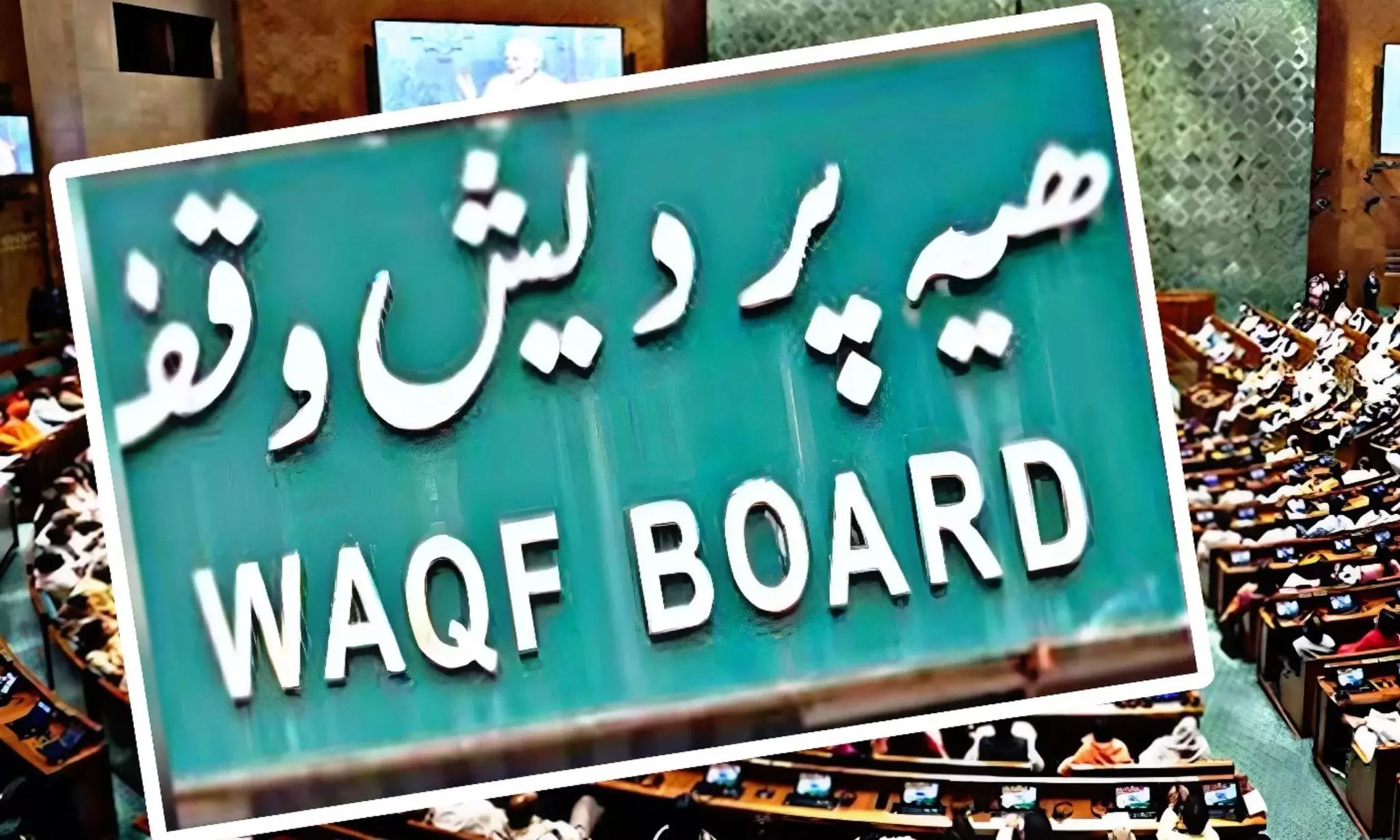Waqf Bill To Tabled in Parliament Amid Opposition Dissent
Revised bill includes provision ensuring that the benefits of Waqf reach marginalised groups, including the poor, women, and orphans

The Joint Parliamentary Committee (JPC) is scheduled to present its report on the Waqf (Amendment) Bill, 2024, in the Lok Sabha on Monday. The bill aims to reform the management of Muslim charitable properties, introducing measures such as digitization, enhanced audits, and improved transparency to address issues like mismanagement and corruption.
The JPC, led by Chairman Jagdambika Pal, has adopted the report and the amended bill. Notably, the revised bill includes a provision ensuring that the benefits of Waqf reach marginalized groups, including the poor, women, and orphans.
However, the process has faced criticism from opposition members. They have expressed concerns over the rejection of their proposed amendments and have accused the committee of censoring dissenting voices by redacting parts of their dissent notes without prior notice. The Waqf (Amendment) Bill, 2024, seeks to repeal the Mussalman Wakf Act, 1923, and amend the Waqf Act, 1995. Key proposed changes include:
- Assigning the functions of the Survey Commissioner to the Collector or a designated officer for the survey of Waqf properties.
- Broadening the composition of the Central Waqf Council and State Waqf Boards to ensure representation of Muslim women and non-Muslims.
- Establishing separate Boards of Auqaf for Boharas and Aghakhanis. Streamlining the registration of Waqfs through a central portal and database. Reforming the Tribunal structure to include two members and providing for appeals against Tribunal orders to the High Court within ninety days. The bill also proposes renaming the Waqf Act, 1995, to the Unified Waqf Management, Empowerment, Efficiency, and Development Act, 1995. As the report is tabled, discussions are anticipated to be contentious, reflecting the differing perspectives on the proposed reforms.

